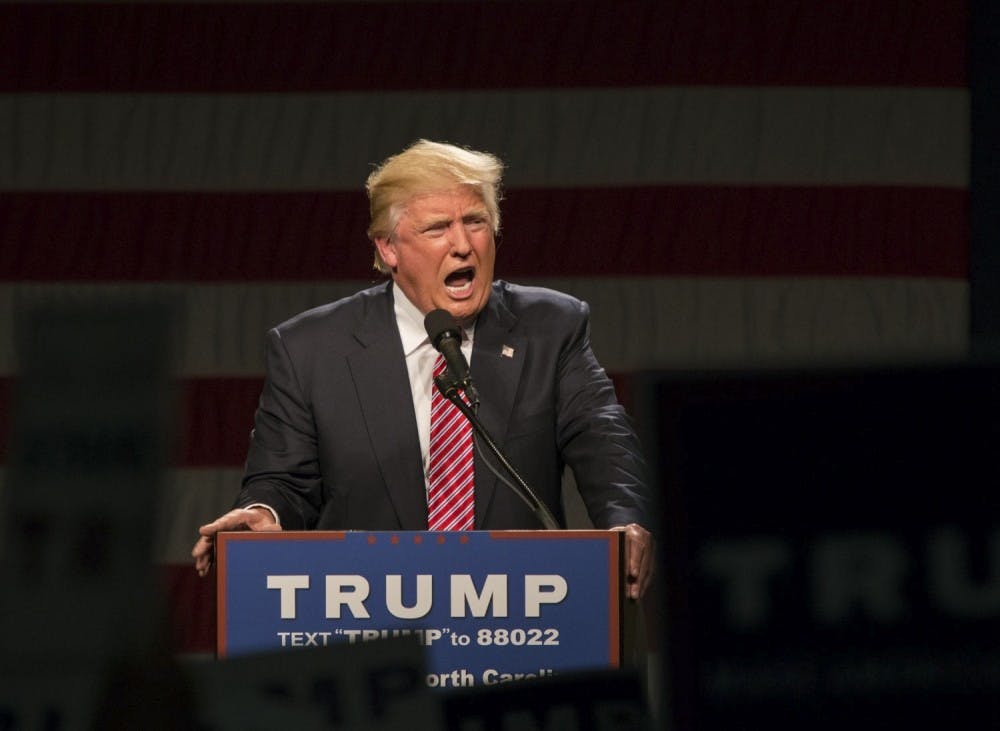The Trump administration is considering restricting the visas of visiting Chinese students, two White House officials reportedly told Politico. The White House did not confirm or deny the existence of the proposal.
“We have seen the media reports, but do not have any information to share,” the White House Press Office said in email.
During the 2016-17 school year, there were over 1,078,000 international students in the U.S., the Institute of International Education found. Over 350,700 of these were from China, the highest total from a single country, with India’s over 186,000 students coming in second. China’s student population in the U.S. increased to 32 percent of the country's total international student community, a 6.8 percent growth from the previous school year.
The National Association for Foreign Student Advisers found international students studying in the United States contributed $36.9 billion and supported more than 450,000 jobs in the U.S. economy.
NAFSA data shows that in North Carolina’s fourth congressional district, over 7,700 enrolled international students contributed $206.9 million and supported almost 3,000 jobs. International students who attended UNC contributed $69.1 million and supported over 1,000 jobs.
Esther Brimmer, the executive director and CEO of NAFSA, said in a March 15 press release that in the past people have agreed that international students and scholars are one of America’s greatest foreign policy assets.
“If the (Trump) administration imposes restrictions that will further prohibit students and scholars from choosing the United States as their destination, we will suffer devastating impacts for decades to come,” she said.
Brimmer said the United States is beginning to see a decrease in international student enrollment from certain nations. The IIE noted South Korea’s percentage dropped 3.8 percent, Saudi Arabia 14.2 percent and Brazil 32.4 percent from the 2015-16 academic year to the 2016-17 academic year.
“In order to avoid a further chilling effect in the United States, it is incumbent upon policy leaders to act boldly and decisively to let students know they are welcome here and that we value their contributions,” she said.




